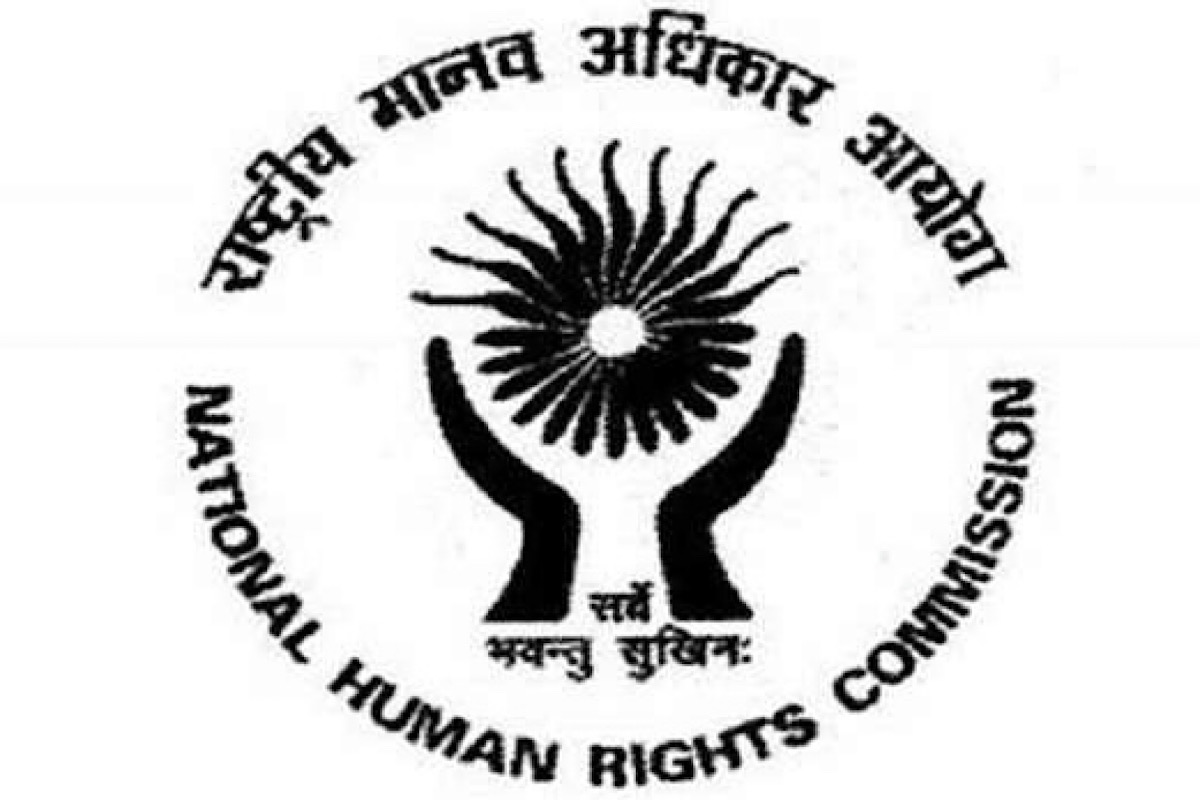Manual scavenging is one area that is being tackled legislatively, managed executively and supervised judicially to eradicate the practice. However, it is concerning that the deaths of sanitation workers are still happening despite the legal provisions to eradicate manual cleaning of sewage and hazardous waste.
National Human Rights Commission (NHRC) Chairperson Justice V Ramasubramanian said this while chairing an open house discussion in hybrid mode on ‘Dignity and Liberty of the Individuals- Rights of Manual Scavengers’ organised by the commission here.
Advertisement
He said that it is necessary to study and understand the causes to suggest remedial measures. He also stressed the need for running a pilot project using technology/ robots for cleaning sewer lines and septic tanks to begin with one state to see its outcome and further replication in other parts of the country.
The NHRC members, Vijaya Bharathi Sayani and Justice (Dr) Bidyut Ranjan Sarangi, Secretary General, Bharat Lal and other senior officers were present on the occasion. Attendees included representatives from various ministries and state governments, NGOs, human rights defenders, UN agencies, private organizations, and research scholars, contributing to discussions on pertinent issues on rights of manual scavengers and ensuring dignity to them.
Before this, setting the agenda of the discussion, Bharat Lal, India Secretary General, NHRC said the Commission has taken up the issue of implementation of mechanised cleaning processes by various States and the steps taken by them in this regard. It has come out that various states have prepared up to three years programme for all Urban Local Bodies in accordance with the guidelines issued by the Supreme Court in Dr. Balram Singh v/s Union of India & Ors. case. He also highlighted how certain castes and communities are disproportionately affected by this practice.
Joint Secretary Devendra Kumar Nim earlier gave an overview of the three technical sessions- ‘Addressing the issue of deaths in septic and were tanks in India,’ ‘The need for a complete ban on manual scavenging,’ and ‘Rehabilitation measures for manual scavengers: A path towards dignity and empowerment and the way forward.’ He said that manual scavenging is one of the biggest challenges facing society, which needs to be addressed with concerted collective efforts.
Some of the suggestions emanated from the discussions included need for better representation and ground-level monitoring to ensure effective welfare implementation;conducting surveys for effective implementation of rehabilitation programmes and minimum wages; the distinction between sanitation workers and manual scavengers in the 2013 Act is necessary; incentivising mechanisation for cleaning and training for the same empowering women-led SHGs for sustainable livelihoods; transparency is needed in manual scavenging data and sewer death reporting, budget analysis, and awareness campaigns under Swachh Bharat Mission (SBM) and ‘National Action for Mechanised Sanitation Ecosystem (NAMASTE) schemes.
Other suggestions included capacity-building training for the people involved in manual scavenging and sewer cleaning; giving financial assistance to those coming up with technological innovations for hazardous waste cleaning; empanelment of de-sledging market and regulating its operations;Providing of safety gear and conducting of awareness workshops and need for a monitoring mechanism to identify the persons involved in manual scavenging to create a database for health insurance, education, among others.
The Commission will further deliberate upon these suggestions for ensuring the implementation of legal and policy provisions and address the gaps therein for an effective end to the manual cleaning of hazardous and sewage waste as well as proper rehabilitation of the persons involved in such works.









